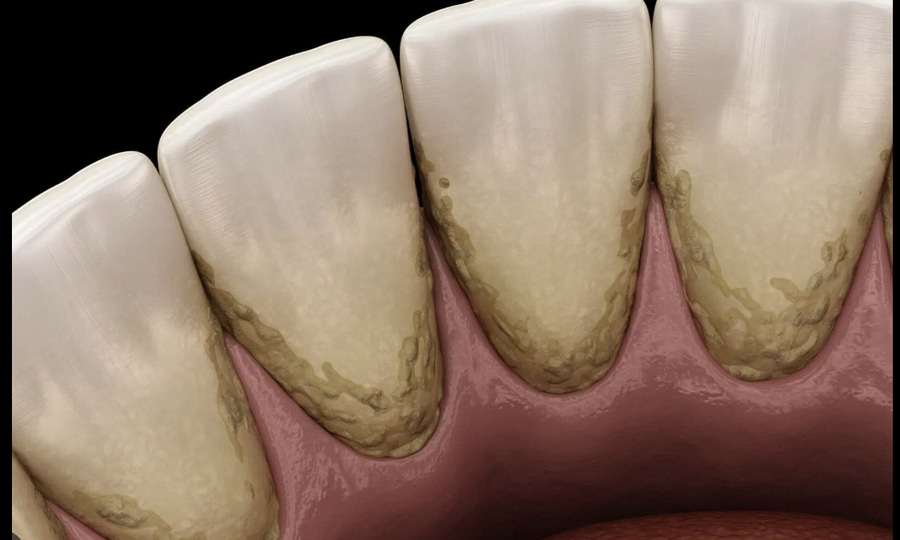
#Industry News
Understanding Dental Calculus (Tartar) and its Impact on Oral Health
Dental Care
Dental calculus, commonly known as tartar, is a prevalent dental condition that affects oral health. It is formed by the mineralization of dental plaque—a sticky film of bacteria and food particles that accumulate on teeth. Over time, if not properly removed, plaque hardens and transforms into dental calculus, leading to various oral health issues.
1. Formation
The process of tartar formation begins with the deposition of minerals from saliva onto the plaque surface. Calcium and phosphate minerals gradually build up and harden the plaque, turning it into a yellow or brownish substance that firmly adheres to the teeth. Once tartar forms, it becomes more difficult to remove through regular brushing and flossing.
2. Harmful Effects
Tartar poses several risks to oral health. It creates a rough surface on the teeth, promoting further plaque accumulation, which can lead to gum inflammation and irritation, causing gingivitis and eventually progressing to periodontal disease if left untreated. Additionally, tartar buildup near the gum line may result in pockets forming between the teeth and gums, leading to bacterial infection and potential tooth loss.
3. Removal Methods
Professional dental cleaning by a dentist or dental hygienist is the most effective method for tartar removal. Using specialized instruments, they carefully scrape and remove the hardened calculus from the teeth and gum line, a process known as scaling. In severe cases where tartar has deeply embedded, additional treatments like root planing might be necessary to smooth the tooth root surfaces and eliminate bacteria.
4. Preventive Measures
Preventing tartar buildup involves consistent oral hygiene practices. Regular brushing with fluoride toothpaste, at least twice a day, helps remove plaque and prevents its mineralization into calculus. Flossing daily is crucial for removing plaque between teeth and along the gum line. Additionally, using antiseptic mouth rinses can reduce bacteria in the mouth, inhibiting tartar formation. Routine dental check-ups every six months allow professionals to detect early signs of tartar and address them before complications arise.
In conclusion, understanding the formation, consequences, removal methods, and preventive measures for dental calculus is essential for maintaining good oral hygiene. By adopting a proper oral care routine and seeking professional dental care, individuals can effectively prevent tartar buildup, safeguard their oral health, and enjoy a confident smile.






